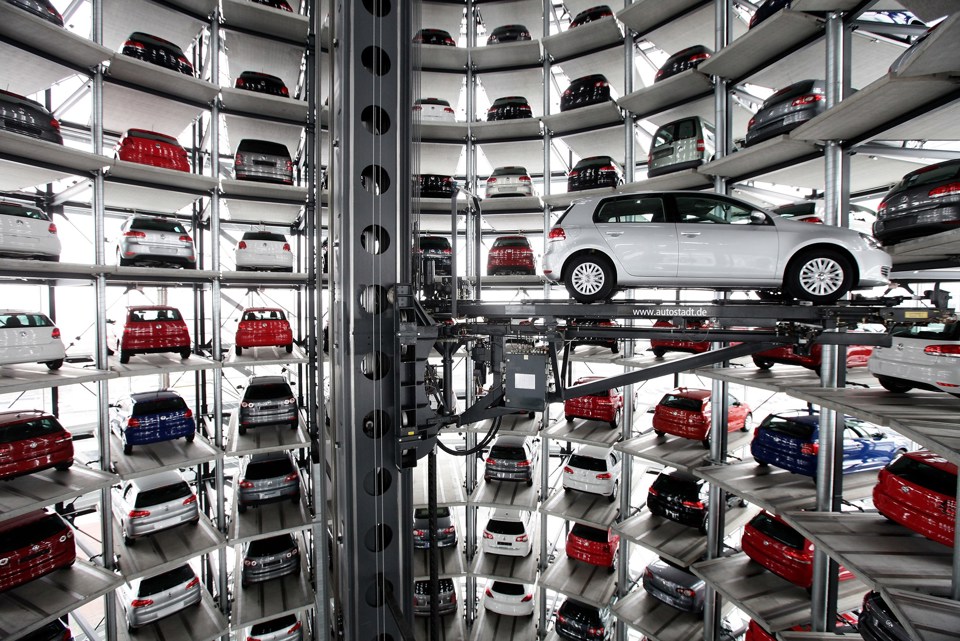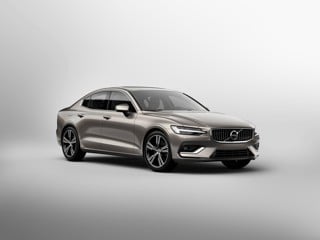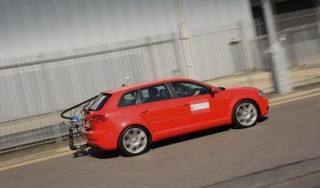Diesel will remain a key fleet fuel and an “indispensable” part of the air quality solution, Volkswagen told listeners to ACFO’s third webinar.
However, fleet decision-makers also heard that electric vehicles (EVs) were now “mainstream and not a compromise”, when it came to powertrain choice.
The webinar was told by Doug Hyett, national fleet sales manager at Volkswagen UK, that the manufacturer was “continuing to invest in diesel”.
Volkswagen, which sponsored the webinar, is also spending some €50 billion on battery technology in the next two years and €20 billion on EVs, with an expectation that by 2021 plug-in vehicles will account for 10% of UK brand sales.
Amid “a lot of fuss in the press and chat around diesel”, Volkswagen’s investment in Euro 6 engine emission technology was “immense”, said Hyett.
He continued: “Fleet fuels are changing with a shift towards battery electric vehicle and plug-in hybrid electric vehicles, but diesel is still a huge part of the mix.
“The modern diesel engine is an indispensable part of the solution as it has improved dramatically over the years in terms of efficiency and environmental performance.”
Anglian Water plots EV future
Meanwhile, the webinar heard from Anglian Water Services, which operates a fleet comprising of 700 company cars, 1,800 vans and 200 HGVs. Head of fleet services Stewart Lightbody told listeners he is aiming for a 100% electric fleet.
Anglian Water Services is currently in the midst of a company car choice list review and to-date 45% of company car drivers have selected a plug-in hybrid vehicle when ordering their new model.
Furthermore, building on the introduction of one plug-in hybrid van Lightbody is using in-vehicle telematics data to provide critical insight into light commercial vehicle usage. As a result, he is mapping where it is possible that plug-in vans can replace diesel units.
Anglian Water has, what Lightbody called, “an ambitious carbon reduction programme” with introduction to the fleet of plug-in vehicles having an integral role.
Many of the company’s diesel vans only clocked up 5,000 to 6,000 miles a year and data showed that they were high maintenance prompting Lightbody’s review.
He said: “Electric vehicles are now mainstream and there is no real compromise. It is about doing the right thing in the communities in which we live and work. Why wouldn’t you protect the environment?”
Suggesting that electric vehicles were “another tool in a fleet manager’s toolkit”, he continued: “Where we can launch electric vehicles vans we will. We are trying to convince ‘white van man’ to go electric. It is about demystifying what an electric vehicle looks and feel like.”
That included, said Lightbody, being “smarter” in terms of equipping van load areas with lighter racking materials and only carrying tools and other goods that were essential and not used infrequently to ensure payload remained at a maximum.
But, he concluded: “Fleet managers do not have to convert every vehicle to electric today because that is not viable, but they can make a start.
“Where we can introduce electric vehicles we will. We are starting where the decision is obvious and we will expand the number of electric vehicles on the fleet over time as vehicle battery range improves and manufacturer model choice increases.”
EV fleet take-up
According to James O’Neill, UK sales director, at international electric solutions provider Ensto, there were currently 16,500 publicly accessible electric vehicle charging points in the UK, with 70% of plug-in vehicle sales being to fleets.
“Fleet adoption is where electric vehicle take-up is happening. For the most part demand is for plug-in hybrid due to the attractiveness of benefit-in-kind tax,” said O’Neill, who highlighted that up to 70% of vehicle recharging by drivers was at their homes.
Nevertheless, despite the huge evolution in plug-in models joining motor manufacturers’ vehicle line-ups and mileage capability increasing due to improving battery technology, driver education was critical while fleet managers, in many cases, remained concerned about their viability.
The top five fleet manager concerns identified by O’Neill were: cost implications; range anxiety; model range and availability; vehicle infrastructure access/chargepoint capability; and whether on-board software/tools delivering data could be integrated into existing systems.
Highlighting that it was about fleet managers “making the logical vehicle choice” for their operations, O’Neill predicted that by 2025 a quarter of car sales would be electric reaching 40% by 2030.
In the first five months of this year, according to data from the Society of Motor Manufacturers and Traders, alternatively fuelled vehicles accounted for 5.3% of registrations.
The webinar is available as a download from the ‘members’ area’ of the ACFO website - www.acfo.org.




















Nigel Boyle - 25/06/2018 12:02
Two comments: 1. VW say diesel - they are quite right, there are no alternatives for business users, the company I work for is typical with 30k miles a year, anything other than diesel will be a quantum leap in fuel costs for us. 2. Anglia Water say 45% of staff have ordered plugins. Of course the users will as the BIK is so (falsley) low, however Anglia's fuel costs will go though the roof with averages of low 30s mpg rather than high 50s they had with diesel